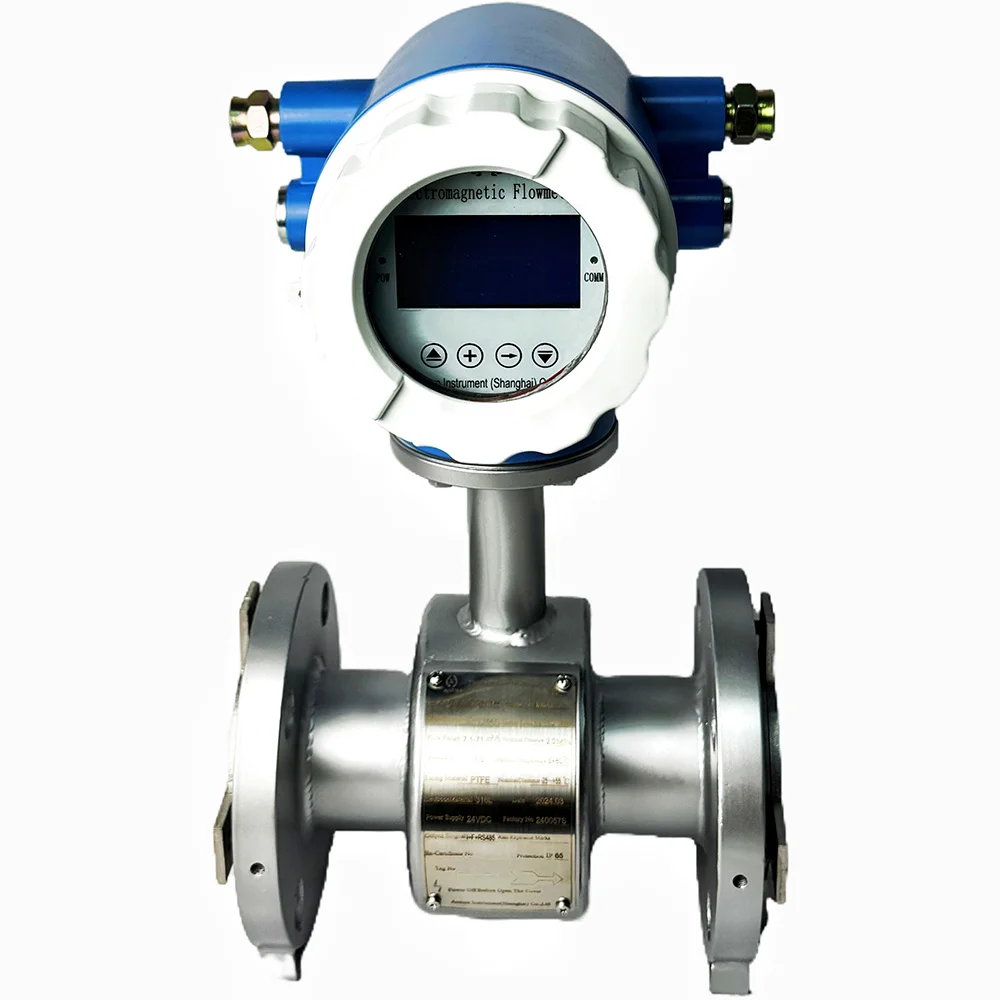Unleashing the Power of Efficiency: Exploring the True Potential of Smart Homes
In today's fast-paced world, where technology continues to revolutionize our lives, smart homes have emerged as a promising solution to enhance efficiency and convenience. With the integration of advanced automation systems and intelligent devices, smart homes have the potential to transform the way we live, work, and interact with our surroundings. In this blog post, we delve into the efficiency aspects of smart homes, exploring their benefits, challenges, and the future prospects they hold.
- Streamlined Energy Management:
One of the key advantages of a smart home lies in its ability to optimize energy consumption. Through the use of smart thermostats, lighting controls, and energy monitoring systems, homeowners can effectively manage and reduce their energy usage. By analyzing patterns and adjusting settings automatically, smart homes can significantly lower energy bills and contribute to a more sustainable future. - Enhanced Security and Safety:
Smart homes offer a comprehensive security framework, integrating surveillance cameras, motion sensors, and smart locks. These interconnected devices provide real-time monitoring and alerts, ensuring the safety of occupants and their belongings. Additionally, smart smoke detectors and leak sensors can detect potential hazards and promptly notify homeowners, minimizing the risk of accidents and property damage. - Time-Saving Automation:
Automation lies at the heart of smart homes, simplifying daily tasks and freeing up valuable time. From automated lighting and window shades to robotic vacuum cleaners, smart homes enable homeowners to effortlessly control and manage their living environment. By eliminating mundane chores, individuals can focus on more important aspects of their lives, leading to increased productivity and a better work-life balance. - Personalized Comfort and Convenience:
Smart homes excel in providing personalized comfort by adapting to individual preferences. Through the use of smart thermostats, occupants can set their desired temperature remotely, ensuring a cozy environment upon arrival. Voice-controlled assistants, such as Amazon Alexa or Google Assistant, enable seamless control of various devices, allowing users to adjust lighting, play music, or even order groceries with a simple command. - Integration and Interconnectivity:
The true power of smart homes lies in their ability to integrate various devices and systems, creating a seamless and interconnected living experience. From smart TVs and entertainment systems to smart appliances and voice-controlled assistants, these devices can communicate with each other, offering a unified and intuitive user experience. This integration fosters a more efficient and cohesive living environment.
Conclusion:
As we have explored the multifaceted aspects of smart homes, it becomes evident that their efficiency goes beyond mere convenience. From energy management to enhanced security, time-saving automation to personalized comfort, smart homes have the potential to revolutionize our daily lives. However, it is crucial to address challenges such as data privacy and interoperability to fully unlock their benefits. With continuous advancements and integration of emerging technologies, the future of smart homes holds immense promise for a more efficient and connected world.







